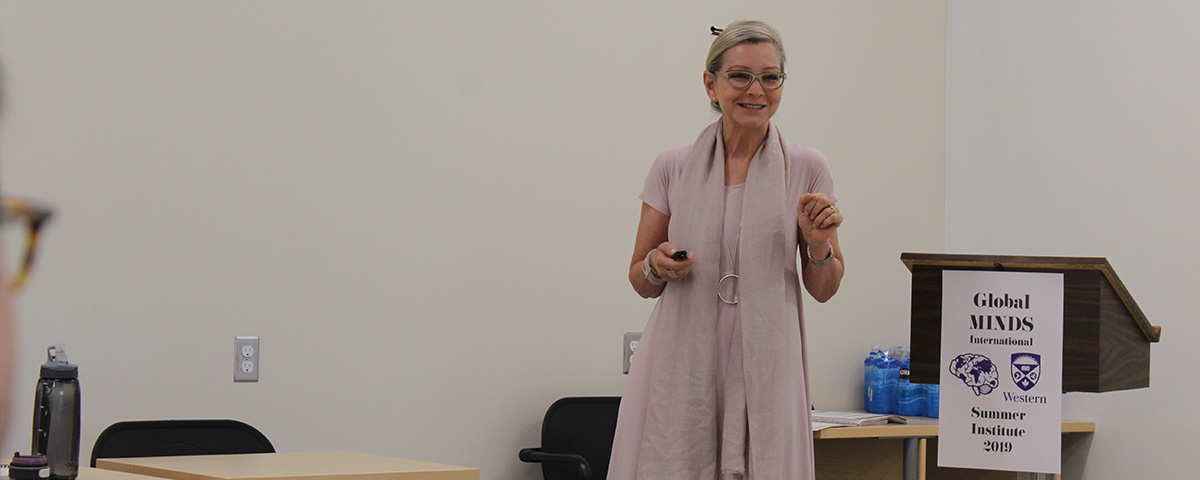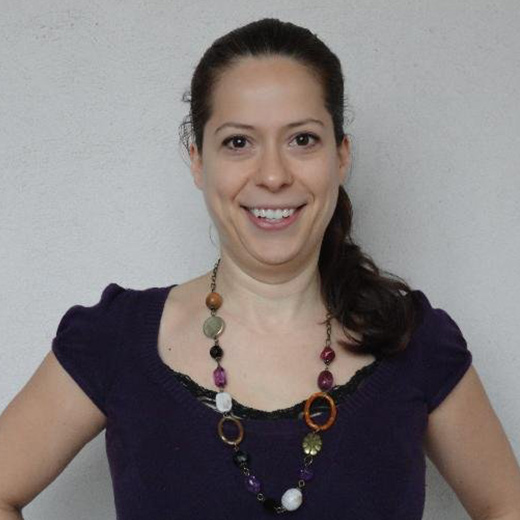
Dean's Speaker Series
Join us virtually on Zoom for Brescia University College's Dean's Speaker Series!
 It All Depends: Health Care Reform in Ontario
It All Depends: Health Care Reform in Ontario
October 29, 2021 | 11 a.m.
Dr. Paul Barker, Associate Professor, Family Studies and Human Development and Political Science, Brescia University College
The Ford government recently decided to introduce a new arrangement for health care in Ontario. The government believed that the preceding arrangement set out by the Wynne government fell well short of achieving the necessary health-care reforms. Of special concern to the Ford government was the absence of patient involvement in health-care matters and the lack of integrated health care services. Though representing only a small portion of health care budgets, the administrative costs of the arrangement also perturbed the Premier. The intent of this paper is to suggest a preliminary answer to the question of whether the decision of the Ford government was a good one.
 “Bugs in my Food Might be Good for Me?”: Exploring Fermentation and Human Health
“Bugs in my Food Might be Good for Me?”: Exploring Fermentation and Human Health
November 26, 2021 | 11 a.m.
Dr. Colleen O'Connor, Associate Professor and Academic Director, Food and Nutritional Sciences, Brescia University College
Despite existing for centuries, fermented foods and beverages are attracting new attention in modern times. Once necessary for the preservation of our food supply, fermented consumables are now produced and marketed for a myriad of potential health benefits – from gut health to preventing heart disease and Type 2 Diabetes. Even though there are many health claims, peer-reviewed research in humans is scarce. In recent years, I have been working with like-minded researchers and producers to explore potential properties and benefits of fermented foods. I will share with you our research highlights and where we are heading next.
 Colourblind Racism, Standpoint and Empowerment: A Study of Microenterprise in Toronto
and Los Angeles
Colourblind Racism, Standpoint and Empowerment: A Study of Microenterprise in Toronto
and Los Angeles
February 18, 2022 | 11 a.m.
Julie N. Young, Professor, Faculty of Social and Community Services, Humber College Institute of Technology and Advanced Learning
In this talk, Young explores how microenterprise workers empower their clients based on their colourblind racial attitudes, in order to understand how people’s beliefs about race and racism contribute to the way they theorize poverty and poverty alleviation strategies. Using 58 in-depth interviews in Los Angeles and Toronto, Young examines colourblind affect from the work experiences of BIPOC and white microenterprise workers. This research highlights issues for those who seek to empower individuals living in poverty as it suggests the risk of “helping” may be harmful. Only by turning attention to system failures, exploitation and oppression, can individuals be empowered.
 Critical Connections: Exploring Classroom Community at Brescia
Critical Connections: Exploring Classroom Community at Brescia
March 25, 2022 | 11am
Dr. Christine Tenk, Associate Professor, Psychology and Faculty Scholar, Brescia University College
You know that feeling when you feel close to other people and feel like you belong in a group? Researchers call that ‘social connection’. Social connection is essential to human survival when we are young and is critically linked to our well-being throughout our lives. Social connections in the classroom boost academic success including performance, learning and motivation, as well as improve other mental health outcomes such as self-esteem, coping, and happiness.
My research program, selected as this year’s Faculty Scholar project, explores social connections and community in the university classroom. Classroom community, where students feel connected to the instructor and each other and work together to achieve learning success, is not well-researched at the university level despite its potential to greatly benefit learners. Social connection and classroom community may be particularly important to the women learners at Brescia as many women prefer to learn in collaborative environments.
This talk will discuss data from my research journey, including using assessments to counteract the distance and anonymity in large and/or online classes, examining Brescia students’ experience of class social connections and community, and considering factors, such as teaching strategies and instructor characteristics, that contribute to these critical connections.
